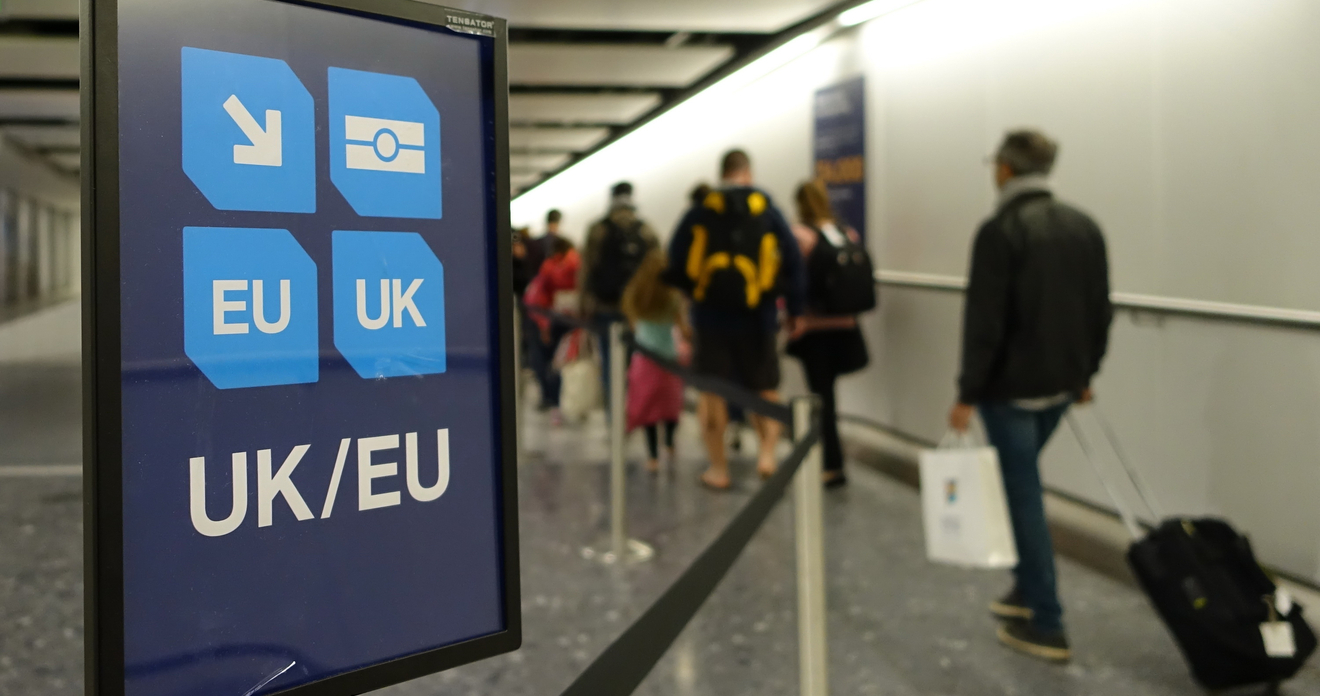Upcoming Changes to Right to work Checks

The obligation placed upon employers to carry out checks on employees’ right to work is nothing new and is related to the active responsibility to prevent illegal working – a duty which has been in place since the 1990s.
Precisely how such checks are carried out is regularly subject to changes and reforms – the last of which came with the myriad of rule changes on employment procedures prompted by the covid pandemic. Pre pandemic, employers were required to check the original documents verifying right to work in person (such as passports, biometric permits, certificates of naturalisation etc.). National lockdowns brought with them the temporary option of checking such documents remotely via video calling, which was welcome by businesses across the economy.
In what is (somewhat confidently) being described by some as the post pandemic era, these temporary measures are due to come to an end on 30 September 2022. Many employers expressed a desire to maintain these much easier checks rather than returning to the more laborious in person document checking. In response, the government are introducing a new system which comes into effect on 1 October 2022. This will see employers having the option of using a Digital Identity Service Provider (IDSP) that uses Identity Document Validation Technology (IDVT) – this essentially means utilising the services of a third-party organisation to carry out the checks on behalf of the employer for a fee.
It’s worth noting that this new system is only for checks on British and Irish citizens. Since April 2022, employers have been required to check the rights of non-UK settled workers through the government’s online checking system, using a share code provided by the worker.
It’s also worth noting that getting these checks wrong comes with genuine consequences that are best avoided (to put it mildly). The civil penalty for failing to adequately conduct such checks and inadvertently employing an illegal worker is a £20,000 fine per illegal worker. If an employer is found to have knowingly employed someone with no legal right to work in the UK then the potential criminal penalty is an unlimited fine and /or five years imprisonment.
On October 3rd immigration specialists from RWK Goodman will discuss the process you need to follow to ensure your business is properly protected from such penalties. For further details see: Webinar: Right to work checks and hiring overseas nationals | RWK Goodman

Contact our Employment lawyers
Employment law never stops evolving. Talk to our employment law specialists about how we can help manage your workforce.








